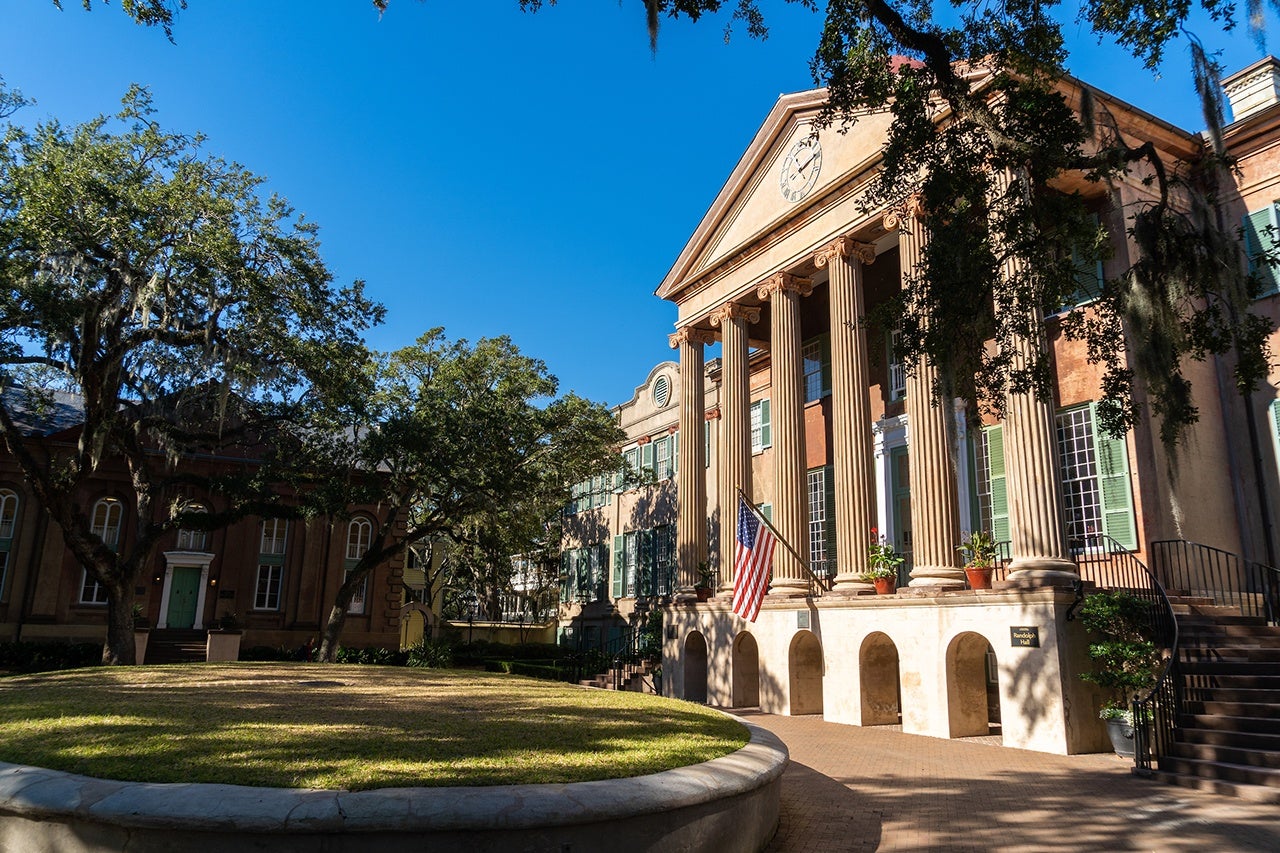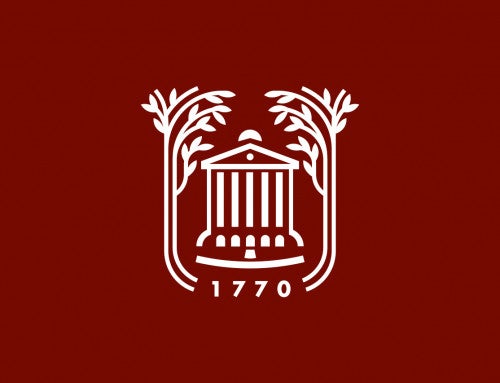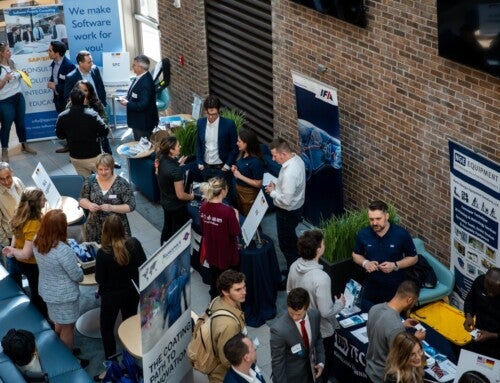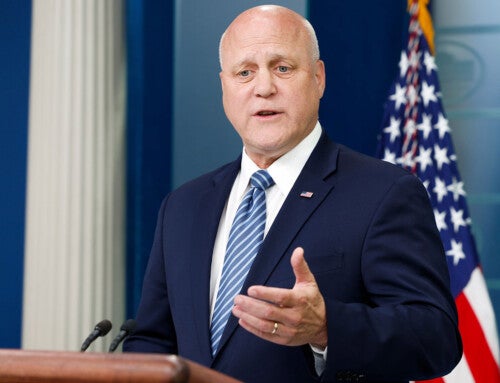College of Charleston President Andrew T. Hsu shared the following message regarding Black History Month with the campus community on Monday, Feb. 14, 2022:
Nations reel and stagger on their way; they make hideous mistakes;
they commit frightful wrongs; they do great and beautiful things.
And shall we not best guide humanity by telling the truth about all this,
so far as the truth is ascertainable?
– W.E.B. Du Bois
Dear Campus Community:
This quote from scholar W.E.B. Du Bois (1868–1963), written nearly a century ago, is as relevant today as it was then. Universities are like nations in miniature, and they, too, make missteps and “frightful wrongs,” while also accomplishing things “great and beautiful.”
The College of Charleston is no exception. The histories of most American institutions our age (252 years old and counting) have been charged by both positive and negative forces. While we can’t change the past, we can certainly work hard not to repeat any missteps. And, at the same time, we can work together to make “great and beautiful” things more equitable for our entire campus community.
I am proud to say we are doing just that, which, I believe, is the best way to celebrate and recognize Black History Month on our campus. Some of those efforts, which I would like to share with you here, go back decades, while others are as recent as this academic year:
- The Avery Research Center for African American History and Culture, located just a few blocks west from the Cistern Yard at 125 Bull Street, is an invaluable hub responsible for collecting, preserving and promoting the unique history and culture of the African diaspora, with a special focus on Black contributions to the Lowcountry. Since becoming part of the College more than 30 years ago, the Avery Research Center’s outreach involves community-centered archival projects, print and digital publications and museum exhibitions. Through the Avery Digital Classroom, the faculty and staff continue to engage community members through lectures, workshops, the co-sponsored Dr. Conseula Francis Reading Circle, and supporting the Black Ink: A Charleston African American Book Festival, among other community-centered outreach and projects. In 2017, Avery’s Race and Social Justice Initiative published The State of Racial Disparities in Charleston County, South Carolina 2000–2015, which focuses on gaps in housing, education and health. The Avery Research Center is truly a unique resource and an asset to all of Charleston.
- Along those same lines, to better understand the College’s past, the Committee on Commemoration and Landscapes, which was established this past fall semester, is currently researching and publishing histories to fully capture the College’s full story, especially those stories involving BIPOC (Black, indigenous and people of color) populations. The committee members are working on historical interpretative signage (to be unveiled later this year) that will help contextualize our history for the greater campus community and visitors. In the meantime, I encourage you to spend some time on the Discovering Our Past website, where you can read stories that they have published about numerous places, spaces and people of our campus. These stories, which fill in gaps and correct errors in the historical record, place the College within a more complex landscape, reminding us who we were and who we have become.
- Also, this past fall, the College established the 1967 Legacy Scholars Program, which aims to improve the recruitment, retention, graduation and workplace success of Black students. The first cohort comprises 11 scholars primarily from South Carolina, and they are doing important historical research projects promoting awareness about the Black experience on campus and the people who came before them. I was excited to hear their fall-semester presentations and learn more about many of our campus’ Black trailblazers. I have been continually impressed by their enthusiasm, their passion and their intellect and talent.
- For our visual learners, I hope you are able to watch If These Walls Could Talk on SCETV this month. The documentary, co-produced by Charissa Owens (director of diversity training and education, Office of Institutional Diversity) and Michael Owens (adjunct professor, Department of English), premiered in 2021 and features the research and expertise of our faculty, staff and students regarding the College’s ongoing work to reconcile with its past in order to forge a better present and future. If you haven’t seen the documentary, I encourage you to either check it out on SCETV or watch it here.
These may be but small steps in the bigger journey of our institution; however, they do represent meaningful progress and momentum in the College of Charleston’s desire to embody our core values of diversity, equity and inclusion. Only by taking these steps and by always striving to work together toward a shared understanding of each other will we truly celebrate Black History Month and “do great and beautiful things” now and moving forward.
Sincerely,
Andrew
Andrew T. Hsu, Ph.D.
President
College of Charleston




